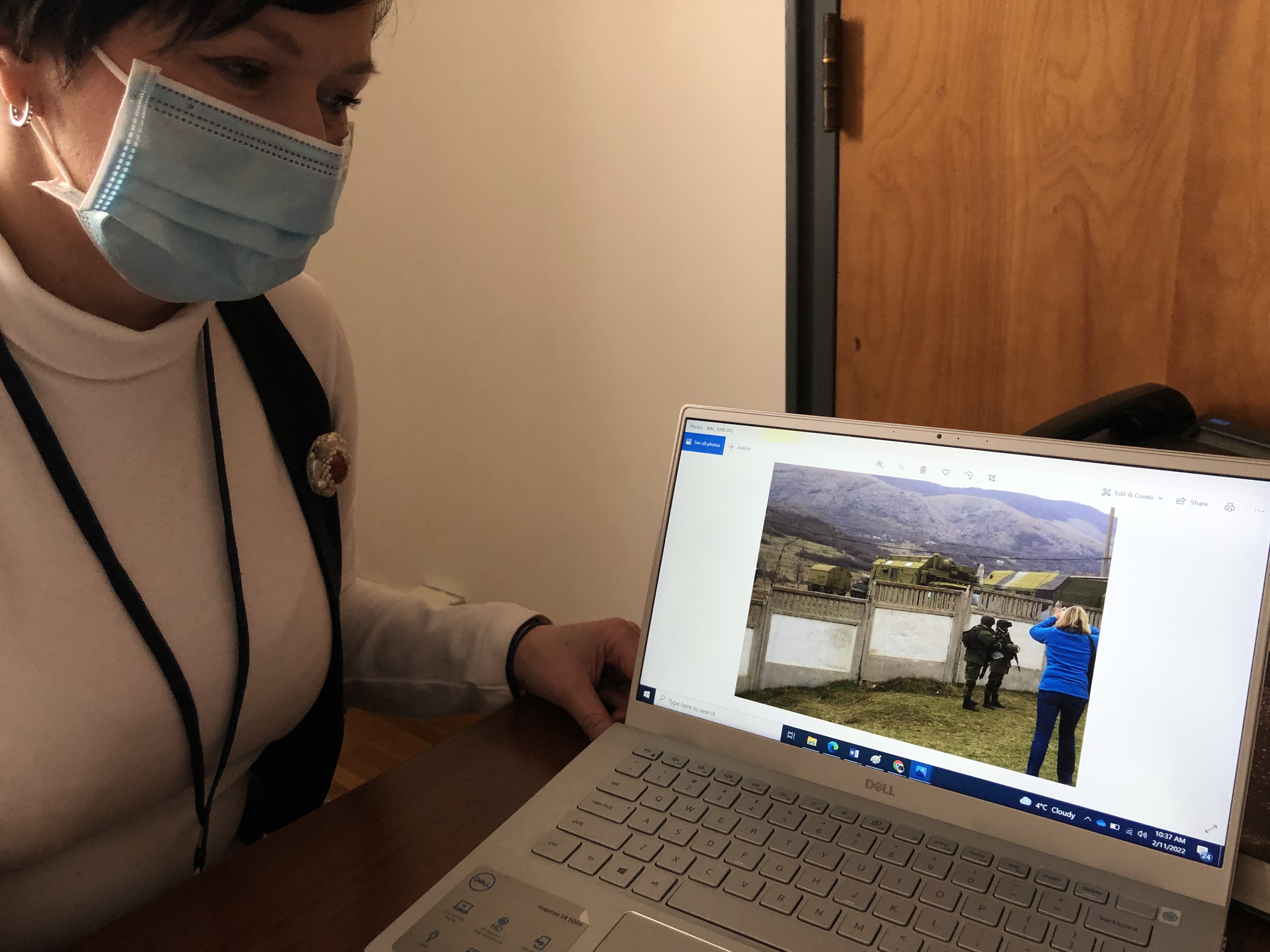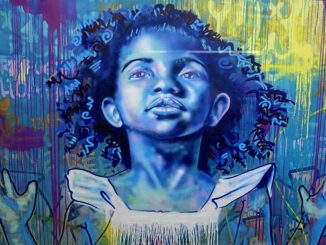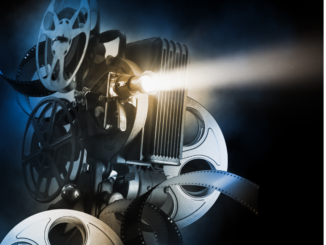
By Elizabeth Nguyen
Contributing Writer
As tensions between Russia and Ukraine continue, Dominican professors and students weigh in on the impact of escalation and what this conflict tells us about the state of democracy today.
Over the past few weeks, Russia has been building up its military presence at the Ukrainian border. About 150,000 Russian troops effectively surround the nation on three sides. U.S. leaders and their NATO allies are warning about the possibility of a Russian invasion.
Taras Burak, a junior at Dominican University studying International Relations and Diplomacy, has family living in Ukraine. “Everyone there has just been mentally preparing for the worst,” he said.
Russia’s choice to act now is the result of a few different factors, according to political science professor Patrick Homan. “The current Ukrainian president is leaning more and more away from Russia,” said Homan, who is also chair of the political science department. “The other part is, does Putin see an opportunity to take advantage of new leadership in the U.S. and Europe?”
The current border crisis is part of the ongoing Russo-Ukrainian conflict that began in 2014 with the Russian annexation of Crimea. Elvira Kizilova, assistant professor of marketing and International Business at Brennan School of Business, was there when it happened.
While living in Simferopol, the capital of Crimea, she used her English-speaking ability to voice opposition to Russian occupation through foreign media. “I just wanted to keep busy because otherwise I would just keep crying … it was a very tough situation.”
What has left the largest impact on Kizilova from her work then was the atmosphere of fear and abundance of Russian propaganda that filled the media landscape. She says that state-run Russian media created the illusion of support for annexation in Ukraine.
“So many pro-Ukrainian people were confused, scared and not very open. When the cameras were off, they would say to me, ‘Thank you for what you are doing. Please inform the world community about what is going on; we don’t want to be in Russia.’ But then when I asked them to speak on camera, they refused,” Kizilova said.
A culture of fear and false reality is not unique to Putin’s Russia. According to Homan, democratic backsliding has been happening across the world, including here in the United States.
“Democracy, human rights, international law, those things seem to be deteriorating not only from a lack of American leadership but also a lack of American influence. We are not promoting democracy like we used to.”
“We as a nation are in the midst of a transition where we have to decide,” he continues, “What are the norms and ideas that America stands for?”
Aside from the dangers to democracy, it is important to remember that escalation will have immediate consequences for millions of Ukrainians.
“There’s a tendency for Americans to see these types of issues as very far away and not important to us because they never happen on American soil. This will impact American lives, both directly and indirectly, but we should focus on the number one thing: this could cost people’s lives and we could see millions of people as refugees.”
Both Kizilova’s and Taras’ family are too aware of this possibility.
“[The Russian government] destroyed our lives,” said Kizilova, “I am here in the U.S. now because Crimea is in Russia.”
“My mom spoke to my grandparents,” Taras said, “and they have no idea what they will do. They’re too old to fight, of course, but they don’t want to leave the only home they know.”



